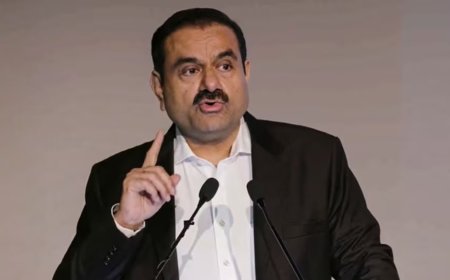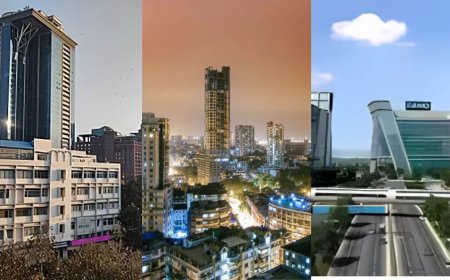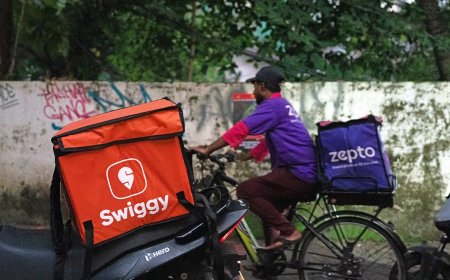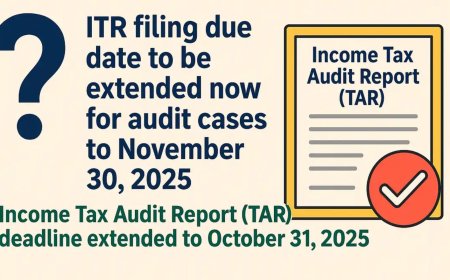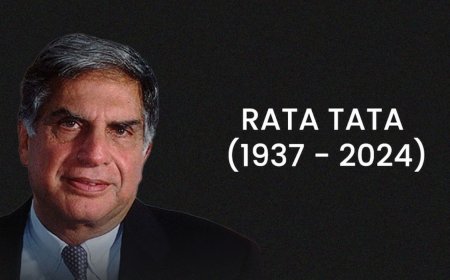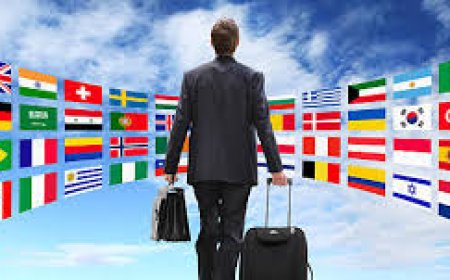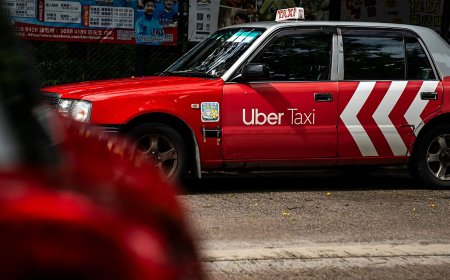Top 10 Countries With the Best Work-Life Balance in 2025
Our 2025 index places consistent performers alongside countries that have made large strides and others which have regressed.

Why the top life-work balance countries stand out
In an increasingly demanding global workforce, work-life balance has emerged as a critical metric in evaluating the quality of life in different countries. Factors like statutory leave, healthcare, safety, inclusivity, and overall happiness directly influence how individuals experience both their careers and personal lives. Based on comprehensive international data, we’ve ranked the top 10 countries that stand out for work-life balance in 2025, with in-depth insights into what makes each nation excel.
1. New Zealand – A Beacon of Balance
Capital: Wellington
Region: Oceania
Population: 5,251,900
Index Score: 86.59
New Zealand leads globally in work-life balance, offering a strong combination of universal healthcare, a high minimum wage of $23.50/hour, and 26 weeks of paid maternity leave at 100% pay. Employees benefit from 20 days of statutory leave, with up to 100% sick pay. The country boasts a Global Peace Index ranking of 1.32, and a happiness score of 6.95, while promoting LGBTQ+ inclusivity. With only 33 average working hours per week, New Zealand sets the gold standard for modern employment ecosystems.
2. Ireland – A European Powerhouse for Employee Rights
Capital: Dublin
Region: Europe
Population: 5,308,040
Index Score: 81.17
Ireland’s balance stems from a blend of strong labor laws and healthcare. Citizens receive 20 days of annual leave, 26 weeks of maternity leave at 70%–100%, and a high minimum wage of €13.50/hour. Ireland is also known for its universal healthcare and inclusive social policies, especially for LGBTQ+ communities. With an average of 34.3 work hours per week, employees retain significant personal time.
3. Belgium – Structured, Supportive, and Secure
Capital: Brussels
Region: Europe
Population: 11,758,600
Index Score: 75.91
Belgium offers 15 weeks of maternity leave at 75% pay, 20 statutory leave days, and €12.33/hour minimum wage. The public insurance healthcare system ensures universal access to medical services. A relatively low average of 34.1 work hours per week, combined with a 1.51 Global Peace Index ranking, makes Belgium an attractive destination for balanced living.
4. Germany – Stability Meets Efficiency
Capital: Berlin
Region: Europe
Population: 84,075,100
Index Score: 74.37
Germany strikes an effective work-life balance with 14 weeks of 100% paid maternity leave, 20 vacation days, and a minimum wage of €12.82/hour. Germany’s public-private healthcare system offers comprehensive coverage, and the nation ranks high in global peace and LGBTQ+ protections. Employees average 33.2 hours of work per week, giving ample personal time.
5. Norway – Work-Life Excellence in the Nordics
Capital: Oslo
Region: Europe
Population: 5,623,070
Index Score: 74.20
Norway offers a compelling proposition: 25 statutory leave days, 49 weeks of 100% paid maternity leave, and universal healthcare, all with no minimum wage (due to high union negotiation standards). Norwegians enjoy a high happiness score of 7.26, excellent safety, and strong LGBTQ+ inclusion. The average 32.6-hour workweek reflects a culture that values life beyond the office.
6. Denmark – The Epitome of Nordic Work Culture
Capital: Copenhagen
Region: Europe
Population: 6,002,510
Index Score: 73.76
Denmark mirrors Norway with 25 days of leave, 18 weeks of 100% maternity pay, and universal healthcare. With no official minimum wage, high standards are maintained via collective agreements. An average of 32.5 working hours, alongside a happiness score of 7.52, places Denmark high on the balance scale.
7. Canada – A North American Leader
Capital: Ottawa
Region: Americas
Population: 40,126,700
Index Score: 72.89
Canada offers 18 weeks of paid maternity leave at 55%, a minimum wage of $17.75/hour, and 10 days of annual leave. With universal healthcare, a safe environment, and strong LGBTQ+ rights, Canada remains a prime example of balance in North America. 35.2 hours per week is the norm for employed individuals.
8. Australia – High Wages, Great Lifestyle
Capital: Canberra
Region: Oceania
Population: 26,974,000
Index Score: 71.53
Australia combines a generous $24.95/hour minimum wage with 20 annual leave days, 12 weeks of maternity leave, and strong public-private health coverage. Its happiness index of 6.97 and average 32.29-hour workweek highlight an optimized work-life structure.
9. Finland – Social Security at Its Finest
Capital: Helsinki
Region: Europe
Population: 5,623,330
Index Score: 71.42
Finland excels with 24 leave days, 15 weeks of 80% maternity pay, no minimum wage (regulated by collective bargaining), and universal healthcare. Boasting a happiness score of 7.74 (highest globally), an average 33.8 working hours per week, and a safe, inclusive society, Finland is a hallmark of balance.
10. Spain – Mediterranean Leisure Meets Employee Rights
Capital: Madrid
Region: Europe
Population: 47,890,000
Index Score: 70.53
Spain delivers 23 annual leave days, 8 weeks of maternity leave, and solid social protections. Though its wage and healthcare details vary regionally, Spain supports a vibrant work-life culture, with a high emphasis on family, leisure, and rest. The average workweek hovers just over 34 hours.
Why Work-Life Balance Matters in 2025
In 2025, global trends show increasing burnout, mental health concerns, and demand for flexibility. The countries listed here are at the forefront of creating environments where employees thrive, not just survive. Paid leave, robust healthcare, inclusive policies, high safety standards, and flexible work hours all contribute to a holistic quality of life. As workers and employers alike prioritize balance and well-being, these nations offer a model for sustainable development and workplace satisfaction.
Conclusion
The top 20 countries for work-life balance in 2025 are not just destinations—they are blueprints for a better future. Whether you're an employee seeking more meaningful time outside work, a policymaker, or a company evaluating expansion, these countries prove that economic progress and personal well-being can coexist. A modern workforce needs more than just high salaries—it requires health, time, safety, and inclusion.

What's Your Reaction?
 Like
1
Like
1
 Dislike
0
Dislike
0
 Love
0
Love
0
 Funny
0
Funny
0
 Angry
0
Angry
0
 Sad
0
Sad
0
 Wow
0
Wow
0









